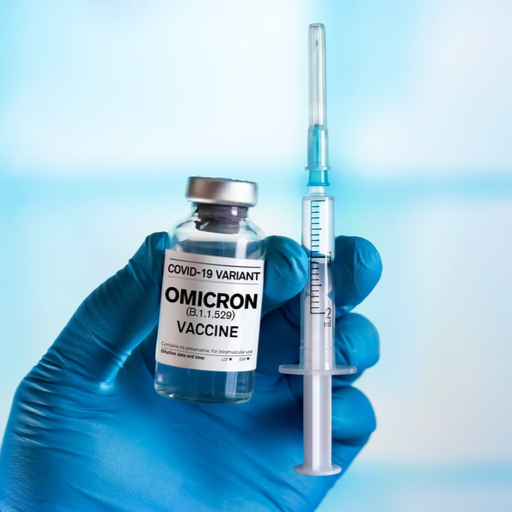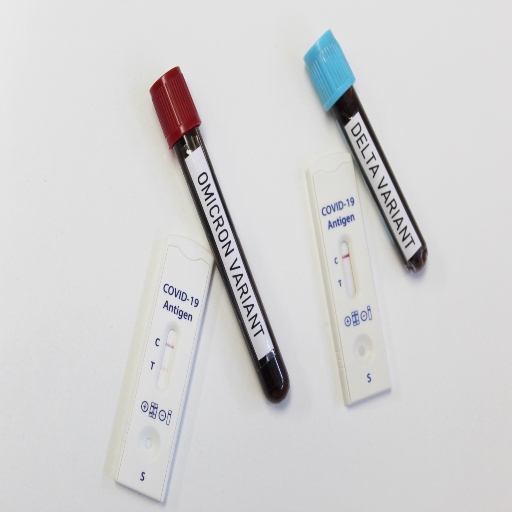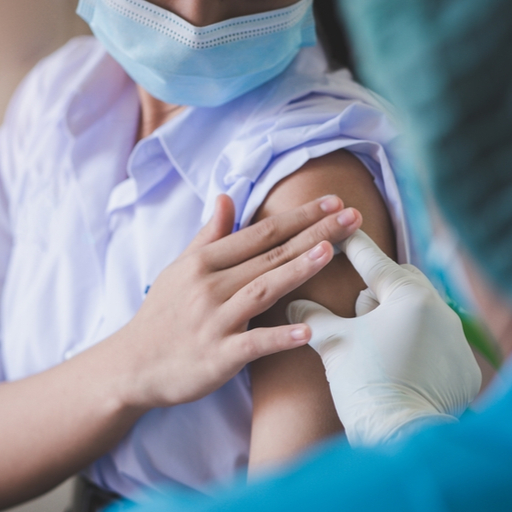In recent weeks, we have seen the new Covid-19 variant ‘Omicron’ spread around the world. With this came the growing concern – will the vaccines people have already taken be effective against an Omicron infection? Read on to find out what are the concerns regarding the Omicron variant and how effective are the vaccines against it.
इनके बारे में जानें:
- What you need to know about the Omicron variant
- Difference between vaccine efficacy and effectiveness
- Will the vaccines work against Omicron?
- Do you need a booster shot?
What you need to know about the Omicron variant
The Omicron variant is one of the 5 Covid-19 variants described by the WHO as a variant of concern along with Alpha, Beta, Delta, and Gamma. The Omicron variant is far more easily transmissible compared to other variants because it has more mutations.
It became a serious cause for concern when people who received two doses of the vaccine were also infected by the variant. This led to questions over the effectiveness of the vaccines against this variant.
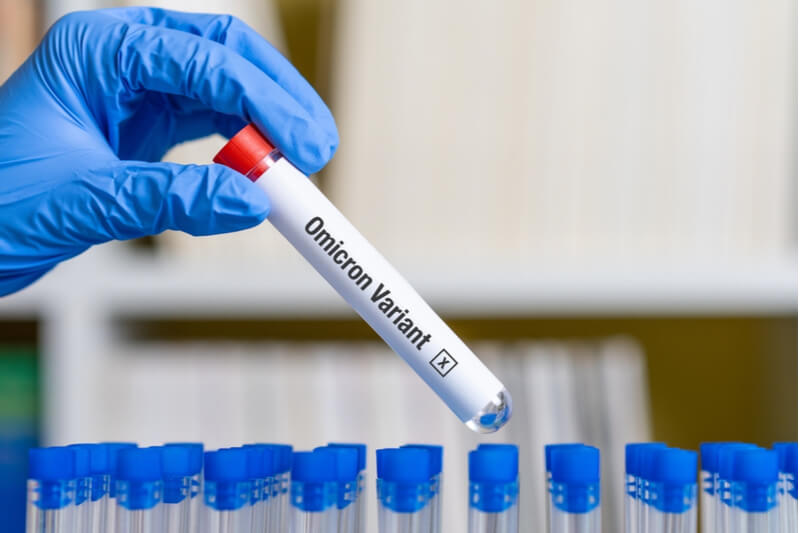
Difference between vaccine efficacy and effectiveness
Efficacy and effectiveness are words that seem similar but have a big difference.
- Vaccine Efficacy
The vaccine efficacy depends on how a vaccine works in clinical trials. It is designed to test two groups of people – one who has been injected with the vaccine and the other with a placebo. It determines how many cases of the illness occur in people who were vaccinated compared to the people who received the placebo.
Therefore, if a vaccine has 95% efficacy, it doesn’t mean that 5% of the vaccinated people will get Covid-19 It means that you lower the risk of being infected by Covid-19 by 95%.
- Vaccine Effectiveness
This refers to the real performance of the vaccine. It is understood by comparing the numbers for vaccinated and unvaccinated people. For example, as of 8th Jan 2022, in Mumbai, 96% of patients on oxygen support due to the Omicron variant were unvaccinated.
Will the vaccines work against Omicron?
Most of the vaccines for Covid-19 can induce immunity memory and produce T-cells to keep a Covid-19 infection at mild or moderate levels. This helps keep the infection largely in control even if it gets past the antibodies that prevent any infection. That’s why it is important to get both doses of the vaccine if you haven’t already.
Taking two doses of the vaccine will not assure you protection from an Omicron infection. However, it still significantly reduces the risk of severe illness which is possible in unvaccinated patients.
Do you need a booster shot?
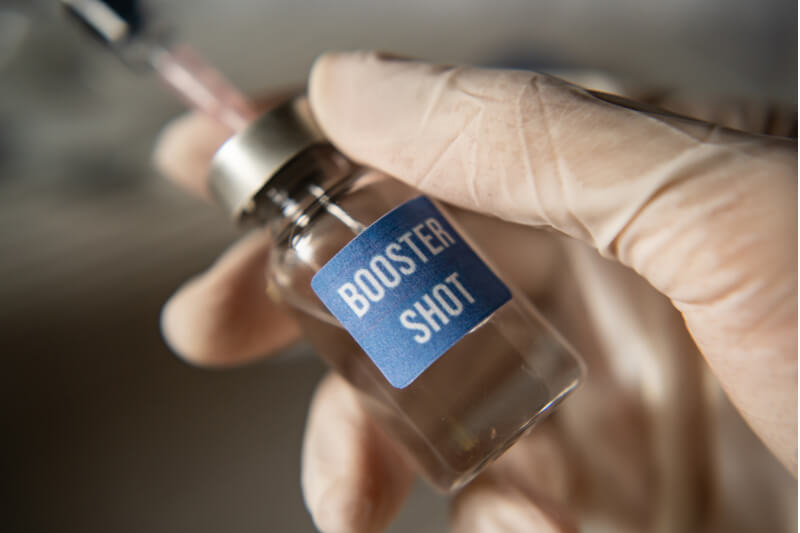
As per government guidelines, healthcare workers and frontline workers will be provided with a third dose. Senior citizens above the age of 60 who have received both doses, can also get the third dose of the vaccine on their doctor’s advice. The third dose will be available 9 months from the date when they received their 2nd dose.
Here’s why you should get the booster dose, if you are eligible for it:
- Just like the Covid-19 virus keeps mutating and forming new variants, the vaccines are also being constantly developed and improved upon to tackle each new variant.
- It is also possible for the antibody from a vaccine to reduce after a while. A booster shot can boost the antibody count and help your body fight the virus.
Not only will the vaccine help you beat a Covid-19 infection but it will also help the community. You can help stop the spread, as vaccinated people are less likely to infect others. Here’s a complete list of the COVID-19 vaccines in India, available for adults above the age of 18.





 1800-270-7000
1800-270-7000


